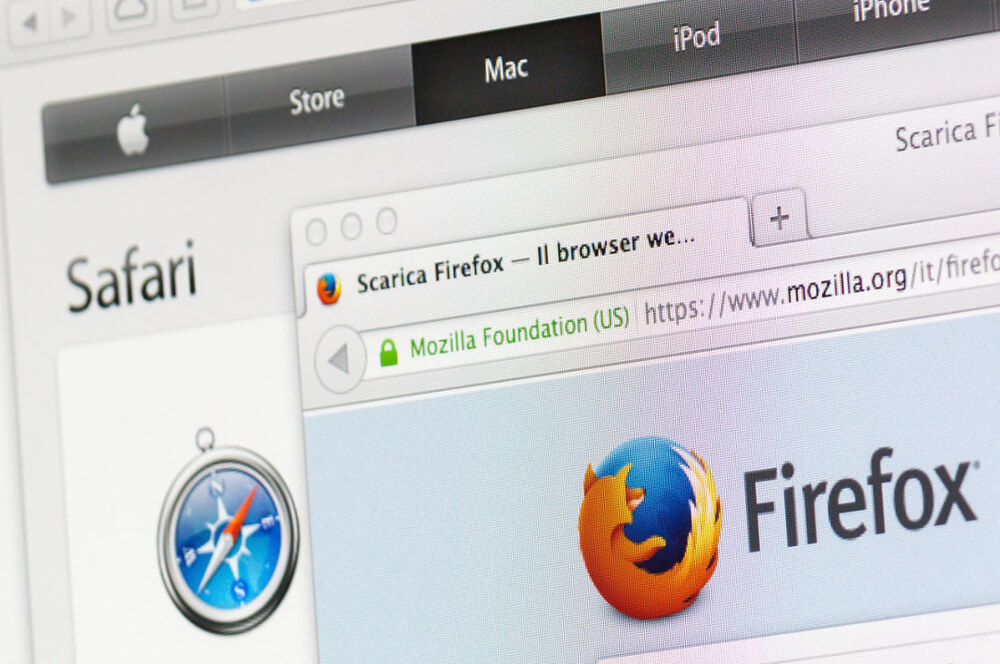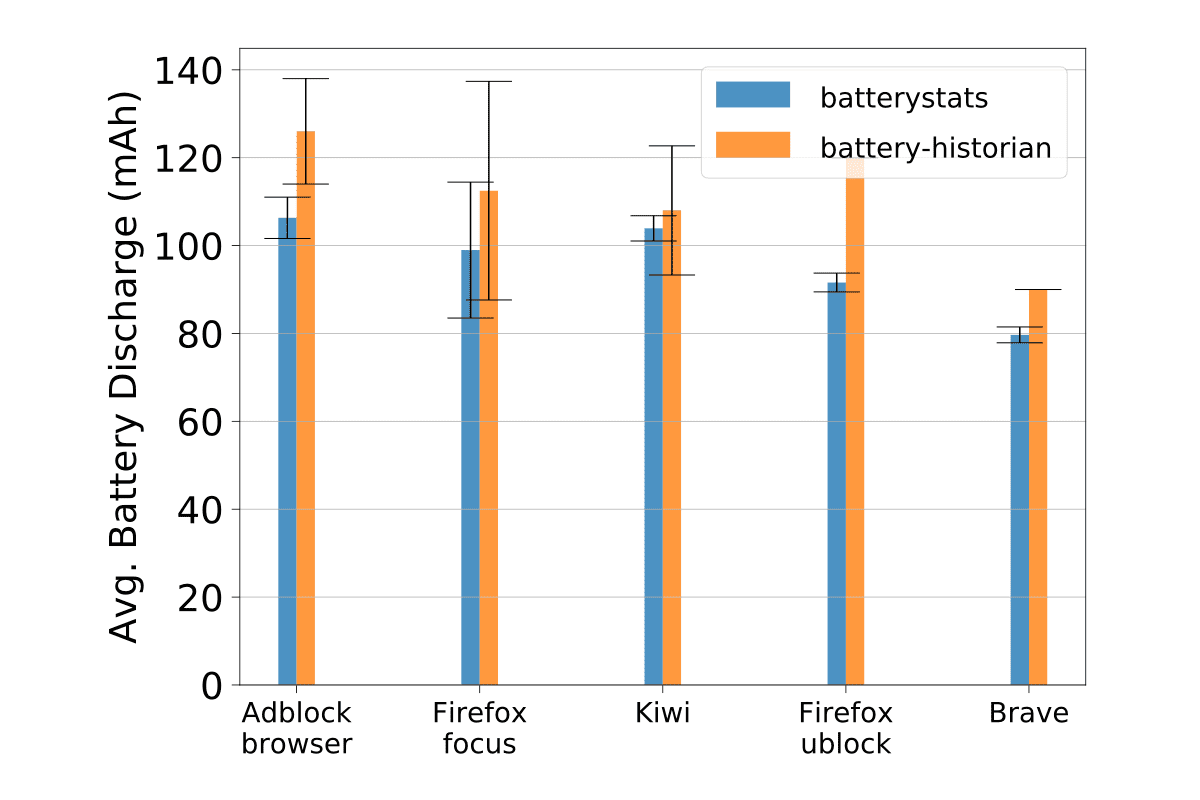
Even Adobe Flash supported hardware acceleration of H.264 video.īut there is no hardware out there that will accelerate VP8 and VP9 videos. When a web browser - yes, even Chrome - plays H.264 video, it’s offloaded to the GPU. This includes all types of smartphones, tablets, PCs, Macs, and even Chromebooks. Really, all modern pieces of hardware support H.264 hardware-accelerated decoding. It also could mean smoother playback if the CPU can’t keep up with playing the video. This means playback takes less CPU time, which means less battery power is wasted and less heat is generated.

If hardware decoding wasn’t available, the CPU would have to do all the work in a less efficient way. This means that the “work” of playing an H.264 video file is done by the graphics processor (GPU) in a much more efficient way. H.264 decoding (playback) is hardware-accelerated. Many websites have implemented HTML5 video with only H.264 support, and Chrome and FIrefox would be shut out of it if they didn’t support H.264. It’s the only real option for mobile browsers, too. H.264 is the current de facto standard codec, like it or not - and, when using an Apple or Microsoft browser, it’s the only available one. Mozilla was likely holding on for Google to follow through on its promise, but Google never could - instead, Mozilla relented and added H.264 support years later. More than four years later, Google never did this and we haven’t heard anything about that promise since. At the beginning of 2011, Google announced it would be removing H.264 support from Chrome to support only open codecs like VP8 and Theora. VP8 Hasn’t Gained Tractionīut Google wasn’t particularly successful with VP8. Firefox automatically downloads this plug-in and uses it to enable H.264 support.
Safari vs firefox battery life free#
Cisco is effectively paying the licensing fees and providing a free plug-in for Firefox users. Google released VP8 and VP9 with an irrevocable patent promise, allowing people to do whatever they want with it - Google won’t try to extract patent fees.

That’s why Mozilla held out so long against H.264 - it wanted the web to be based on an open standard that didn’t require any fees. To use these technologies - if you were building them into a product, for example - you’d need to pay a fee to the H.264 patent portfolio. The underlying technologies are covered by a wide variety of patents.

While H.264 is a de facto industry-wide standard, it has a significant problem. webm file extension, and are also sometimes called WebM files. Google is now pushing the next-generation VP9 codec, which is now also built into Chrome and Firefox. Google acquired the VP8 codec and built it into Chrome, and Firefox followed suit. While Apple and Microsoft only support H.264 for video playback in their browsers, Google has also been pushing its own codecs.


 0 kommentar(er)
0 kommentar(er)
